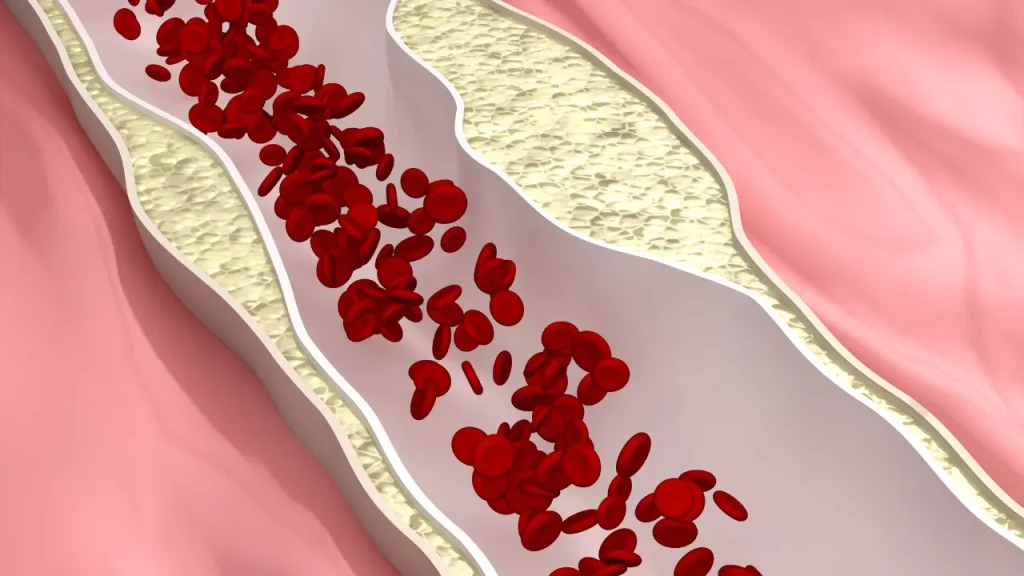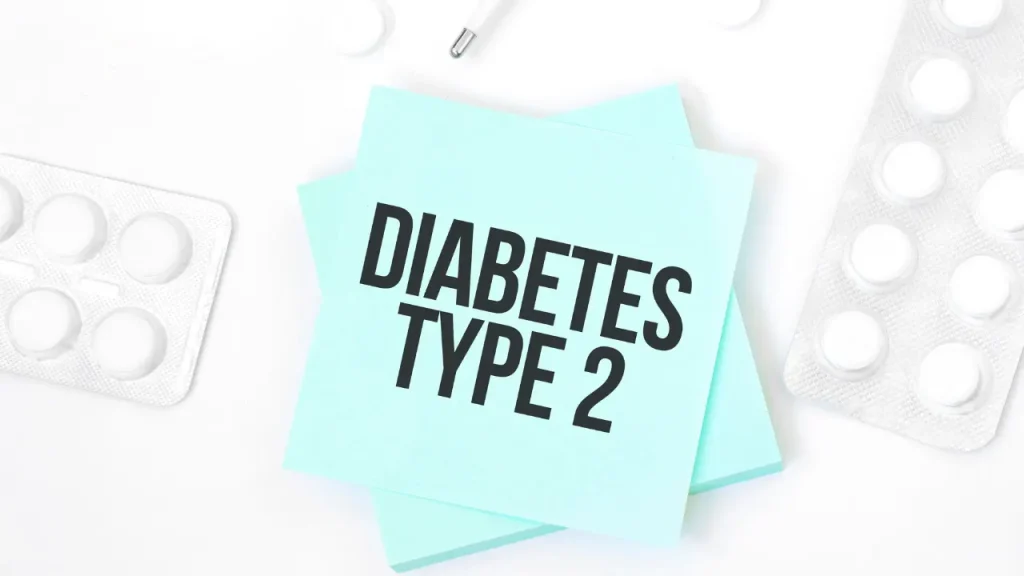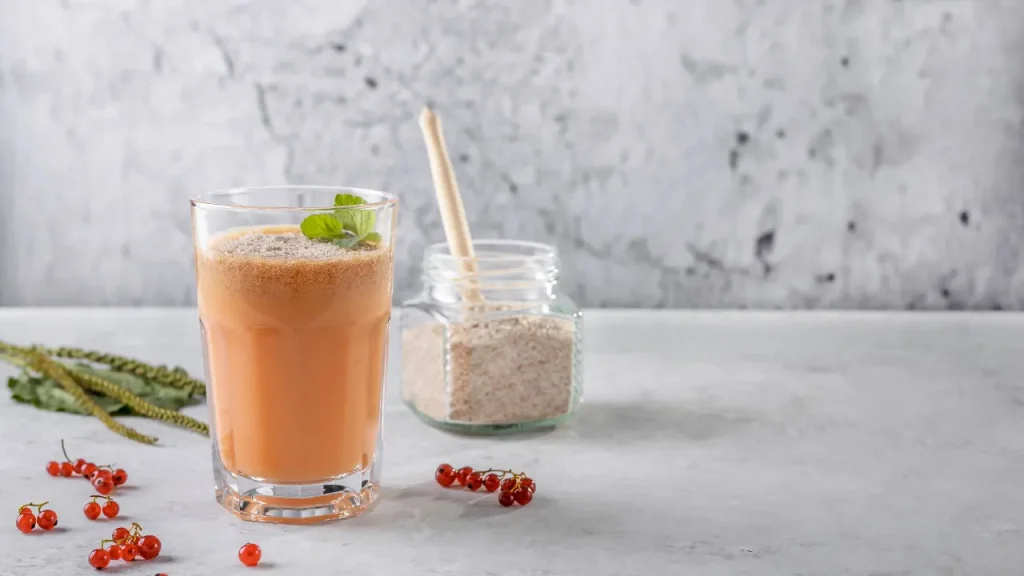Blond Psyllium (Plantago ovata) is native to western and southern Asia. Blond Psyllium has long been used for its therapeutic benefits. The parts of the plant that are of the most interest are the seed husks, often known as psyllium husks or ispaghula. These husks are highly prized nutritional supplements for digestive health since they are a great source of soluble dietary fiber. This article explores the characteristics of Blond Psyllium, as well as its advantages for health, recommended dosage, negative effects, possible drug interactions, and responsible use.
You May Also Like:
Energize Your Life with the Healing Magic of Curcumin Extract
Sunmed CBD vs. Partnered Process CBD: Finding the Best CBD for Sleep
Blond Psyllium: Benefits, Dosage, Side Effects, Drug Interactions, and other Important Information is an original (NootropicsPlanet) article.
Nature of Blond Psyllium
Blond Psyllium is predominantly composed of soluble fiber, with respect to its chemical makeup. About 70% of Blond Psyllium’s content is water-soluble polysaccharides called arabinoxylans. Arabinoxylans are extremely hydrophilic. Psyllium husks, including Blond Psyllium, are a crucial component of many fiber supplements and over-the-counter laxatives because of this feature.
Health Benefits of Blond Psyllium
- Blond Psyllium has high soluble fiber content, which has a significant impact on gastrointestinal function. Because arabinoxylans are hydrophilic, they increase stool size, soften fecal matter, and encourage regular bowel movements, which relieves constipation. Blond Psyllium can also lessen the frequency and urgency of bowel movements by absorbing extra water in the digestive tract and producing a gel-like substance.
- Research shows that Blond Psyllium lowers cholesterol levels. In the intestines, the soluble fiber in Blond Psyllium binds to bile acids and prevents their reabsorption, causing their evacuation. The liver then makes more bile acids using the circulating cholesterol, which effectively lowers serum cholesterol levels. Additionally, Blond Psyllium may lower blood triglyceride levels, improving cardiovascular health in general. Therefore, consuming Blond Psyllium can positively affect blood cholesterol and triglyceride regulation.
- Blond Psyllium, especially in people with type 2 diabetes, can help control blood sugar levels and assist with blood sugar control. Soluble fiber can gel, which slows down carbohydrate digestion and absorption and causes a more gradual rise in blood sugar levels after eating. This impact may enhance glycemic management and lessen the chance of complications from diabetes.

Chemistry of Blond Psyllium
Blond Psyllium’s soluble fiber, which primarily consists of arabinoxylans, is what gives it its medicinal qualities. These linear chains of D-xylose and L-arabinose sugars are joined by -(14) and -(13) glycosidic linkages, respectively, to produce these complex polysaccharides. Arabinoxylans are very hydrophilic because of their ability to establish hydrogen bonds with water molecules due to their chemical structure. Arabinoxylans may absorb water and expand, generating a gel-like substance when combined with liquid thanks to their hydrophilic nature.
Physiological Mechanisms of Action
- Digestive Health: Blond Psyllium’s high soluble fiber content is its main mode of action for boosting digestive health. In the intestines, the hydrophilic arabinoxylans absorb water to increase stool volume and soften fecal waste. This larger and softer stool encourages intestinal peristalsis, which encourages more frequent bowel motions and relieves constipation. The ability of soluble fiber to gel in cases of diarrhea aids in absorbing extra water in the gastrointestinal tract, lowering stool frequency and urgency.
- Control of blood triglycerides and cholesterol: Blond Psyllium lowers cholesterol by binding bile acids in the intestines. The liver produces bile acids from cholesterol, which are necessary for the breakdown and absorption of dietary lipids. Bile acids are excreted in the feces as a result of the binding of soluble fiber to bile acids, which prevents their reabsorption. The liver uses circulating cholesterol to generate more bile acids in order to makeup for this loss, which ultimately lowers serum cholesterol levels. Additionally, some research has indicated that Blond Psyllium may lower blood triglyceride levels, maybe by preventing triglyceride synthesis or absorption.
- Blood Sugar Regulation: Blond Psyllium’s capacity to control blood sugar levels is mostly attributable to the soluble fiber it contains, which can gel. The digestion and absorption of carbohydrates are slowed by this gel-like substance in the gastrointestinal tract, which causes a more gradual rise in blood sugar levels after eating. People with type 2 diabetes may benefit from better glucose control and experience fewer complications from the disease as a result of this effect.


Optimal Dosage of Blond Psyllium
The right amount of Blond Psyllium to take depends on your age, weight, and the particular health issue you are trying to treat. The following dosages are typically advised:
For adults:
a. For relief from constipation, take 5 to 10 mg of psyllium husk with 8 ounces of water 1 to 3 times a day.
b. To decrease cholesterol, consume 10 to 20 mg of psyllium husk daily in two or three doses.
c. To manage blood sugar, take 5 to 10 mg of psyllium husk with meals, up to three times each day.
For youth:
Depending on the child’s age and weight, take 1 to 5 mg of psyllium husk dissolved in 8 ounces of water 1 to 3 times a day to relieve constipation.
In order to give your body time to acclimate to the increased fiber intake, it is essential for you to start with a lower dosage and gradually increase as necessary. When taking Blond Psyllium, it’s also important for you to stay properly hydrated because it absorbs water to create a gel-like substance that enhances its medicinal effects.
Side Effects of Blond Psyllium
Blond Psyllium is typically safe for the majority of people; however, certain negative effects could happen. These consist of:
- Digestive discomfort: Gas, bloating, and stomach cramps might happen, especially when Blond Psyllium is first added to your diet. Increasing your dosage gradually and making sure you drink enough water might help lessen these negative effects.
- Allergic reactions: Although uncommon, Blond Psyllium husk allergies can sometimes cause skin rashes, itching, breathing problems, or swelling of the face, lips, or tongue. If any of these signs appear, stop using the medication at once and go to the hospital.
- Obstruction: Blond Psyllium husk can, in rare instances, clog the gastrointestinal track, especially if it is not consumed with an adequate supply of water. If you already have gastrointestinal issues like strictures or bowel blockages are more at risk.


Potential Substance Interactions with Blond Psyllium
Blond Psyllium can interact with several medicines, possibly reducing their effectiveness or decreasing how well they are absorbed. Among these interactions are:
- Anti-diabetic drugs: The blood sugar-lowering actions of Blond Psyllium husk may increase the effectiveness of anti-diabetic drugs, raising the risk of hypoglycemia. Before you use Blond Psyllium husk with antidiabetic drugs, speak with a medical professional.
- Anticoagulants: Blond Psyllium may change how anticoagulant drugs like warfarin are absorbed, thereby influencing how well they work to thin the blood. Before combining Blond Psyllium husk with anticoagulants, speak with a doctor.
- Other drugs: Due to its ability to create a gel, Blond Psyllium husk may reduce the absorption of a variety of drugs. Take drugs at least 2 hours before or after taking Blond Psyllium in order to reduce this risk.
Responsible Use of Blond Psyllium
Consider the following to ensure the optimum ethical usage of Blond Psyllium as a dietary supplement:
- Before adding p Blond Psyllium to your regimen, talk to your doctor, especially if you use medication or have gastrointestinal issues that are already present.
- Always begin with a lesser dose and gradually raise it to give your body time to become used to the added fiber.
- When ingesting Blond Psyllium, make sure to drink enough water because it needs water to create a gel-like substance and exert its medicinal properties.
- Be mindful of potential interactions and side effects, and seek medical guidance if any unfavorable effects materialize.
Blond Psyllium:
Conclusion
Blond Psyllium has a variety of health advantages, and by comprehending its chemistry and physiological processes of action, we can better appreciate these advantages and make better use of Blond Psyllium as a nutritional supplement. This plant has been used for many years for a variety of reasons/uses. Besides improving digestion and defecation, the resolution of these issues in the body can lead to the direct and indirect assistance and resolution of other issues, too. It is a highly effective supplement, so please be aware of your dosages, including frequency and amount. Factors such as preexisting health conditions, medications currently taken, and age are significant when calculating dosages of Blond Psyllium as well.


References:
- “Blond Psyllium: Uses, Side Effects, Interactions, Dosage, and Warning.” Retrieved from: https://www.webmd.com/vitamins/ai/ingredientmono-866/blond-psyllium
- “8 Benefits of Psyllium Husk.” Retrieved from: https://www.medicalnewstoday.com/articles/318707
- “The role of viscous soluble fiber in the metabolic control of diabetes: A review with special emphasis on cereals rich in beta-glucan.” Retrieved from: https://pubmed.ncbi.nlm.nih.gov/9353622/
Important Note: The information contained in this article is for general informational purposes only, and should not be construed as health or medical advice, nor is it intended to diagnose, prevent, treat, or cure any disease or health condition. Before embarking on any diet, fitness regimen, or program of nutritional supplementation, it is advisable to consult your healthcare professional in order to determine its safety and probable efficacy in terms of your individual state of health.
Regarding Nutritional Supplements Or Other Non-Prescription Health Products: If any nutritional supplements or other non-prescription health products are mentioned in the foregoing article, any claims or statements made about them have not been evaluated by the U.S. Food and Drug Administration, and such nutritional supplements or other health products are not intended to diagnose, treat, cure, or prevent any disease.
